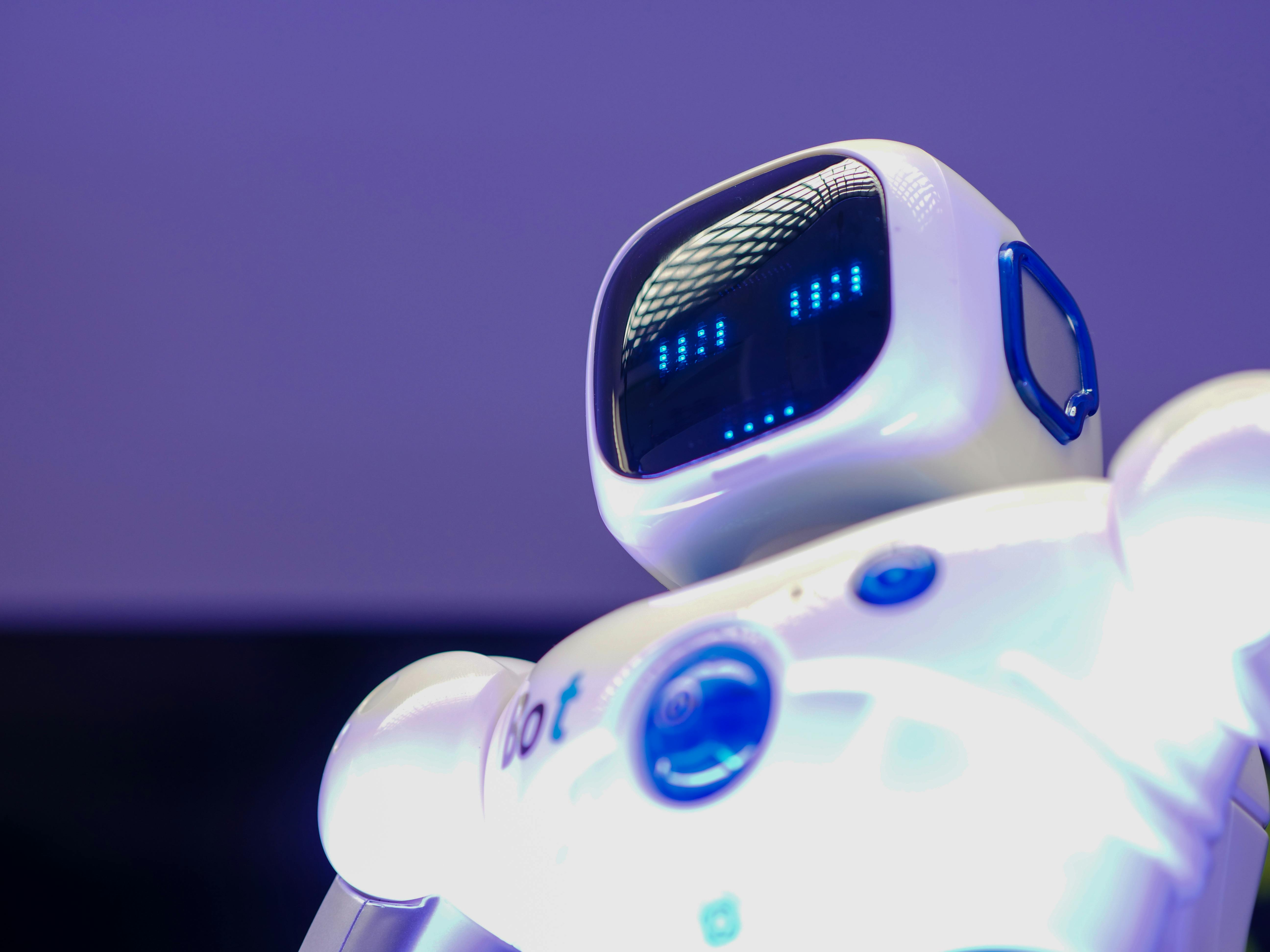Introduction: A New Technological Era
Artificial Intelligence (AI) has quickly become the defining technology of the 21st century, shaping industries, security, and economies worldwide. In 2025, the global AI race has intensified, with leading nations competing for dominance in innovation, infrastructure, and policy. The competition is no longer just about technology—it’s about power, influence, and the future of humanity’s relationship with machines.
United States: Leading Through Innovation and Security
The United States remains a frontrunner in AI, with Silicon Valley giants investing billions into next-generation AI models. Companies like Google, Microsoft, and OpenAI continue to push boundaries in machine learning, robotics, and automation. The U.S. government has also prioritized AI as a matter of national security, creating funding programs that support AI education, defense applications, and ethical frameworks to guide responsible adoption.
China: State-Driven Strategy and Global Ambitions
China has emerged as a formidable challenger. With massive state-led investments and a robust technology ecosystem, China aims to surpass the United States as the global AI leader. Its focus on AI-driven surveillance, smart cities, and advanced manufacturing highlights how the country integrates technology into governance and industrial strategy. By 2030, China hopes to dominate every aspect of AI, from hardware production to international AI governance standards.
European Union: Ethics and Regulation as Strength
The European Union, while smaller in scale compared to the U.S. and China, is carving out its niche through regulation and ethics. The EU’s Artificial Intelligence Act, finalized in 2025, sets global standards for safe and transparent AI deployment. By emphasizing privacy, human rights, and accountability, Europe positions itself as the moral compass of the AI race. European countries also lead in robotics and green AI, combining technology with sustainability goals.
Emerging Players: India, Japan, and the Middle East
Other nations are also stepping into the spotlight. India is emerging as a key player, leveraging its massive IT workforce to develop cost-effective AI solutions. Japan continues to lead in robotics, particularly in healthcare and eldercare applications. Meanwhile, Middle Eastern countries, including Saudi Arabia and the UAE, are investing heavily in AI hubs to diversify their economies beyond oil.
Ethical Challenges: Balancing Innovation and Responsibility
Despite the progress, the AI race raises serious ethical concerns. Issues such as algorithmic bias, job displacement, and weaponization of AI remain central to global debates. Experts warn that without proper safeguards, AI could deepen inequality, undermine democratic processes, and create risks in warfare. Nations are under pressure to strike a balance between technological progress and societal well-being.
Global Cooperation: The Push for Responsible AI
In 2025, collaboration is as critical as competition. Global organizations, including the United Nations, are pushing for frameworks that promote responsible AI while preventing misuse. Initiatives for international cooperation aim to ensure AI serves humanity rather than exacerbate divisions. However, with geopolitics deeply intertwined, achieving consensus remains a challenge.
AI and the Future of Work
The AI race also impacts global labor markets. Automation is transforming industries from logistics to finance, raising questions about the future of work. Governments are responding by retraining workers, investing in digital literacy, and exploring universal basic income as a safety net. The balance between efficiency and employment security will define how societies adapt to the new AI-driven era.
Business Opportunities and Risks in the AI Economy
For businesses, the AI race presents opportunities and risks. Companies that adopt AI early stand to gain efficiency, predictive capabilities, and competitiveness. Yet, they also face challenges related to data security, consumer trust, and regulatory compliance. Startups are particularly influential, bringing disruptive ideas that challenge industry giants.
The Road Ahead: Quantum, Robotics, and Beyond
Looking ahead, the global AI race is set to accelerate. As quantum computing, brain-computer interfaces, and advanced robotics mature, the next wave of innovation could redefine human-machine interaction. Nations that strike the right balance between innovation, ethics, and inclusivity will shape the future of global AI leadership.
FAQs
Which countries are leading the AI race in 2025?
The United States and China are the frontrunners, with Europe, India, and Japan playing influential roles.
What is the EU’s role in the AI race?
The EU leads in regulation and ethics, promoting safe, transparent, and rights-based AI frameworks.
Why is AI considered a matter of national security?
AI influences defense, surveillance, and cybersecurity, making it vital for protecting national interests.
How does AI affect jobs?
Automation threatens some jobs but also creates new opportunities in digital industries, requiring retraining and adaptation.
What are the biggest ethical concerns in AI?
Bias, privacy, surveillance, job loss, and the potential weaponization of AI are top concerns.
Conclusion: Shaping Humanity’s AI Future
The global AI race in 2025 is more than a technological contest—it is a battle for global influence, security, and the shape of the future. While the U.S. and China lead the charge, other nations and international organizations are shaping the debate through regulation, innovation, and ethics. How governments, businesses, and citizens navigate this race will determine whether AI becomes a tool for progress or a source of division. The next decade will be critical in defining humanity’s relationship with artificial intelligence.









